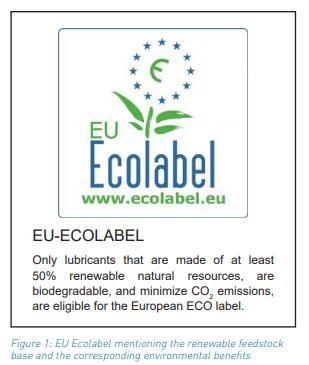Product information list guidelines
With the development of a Product Information list, the project aims at developing a European product information database of bio-based products that could be used for public procurement (B2P) and communication among producers of bio-based materials (B2B). The database should also be used to promote the uptake of bio-based products in consumer markets (B2C).

